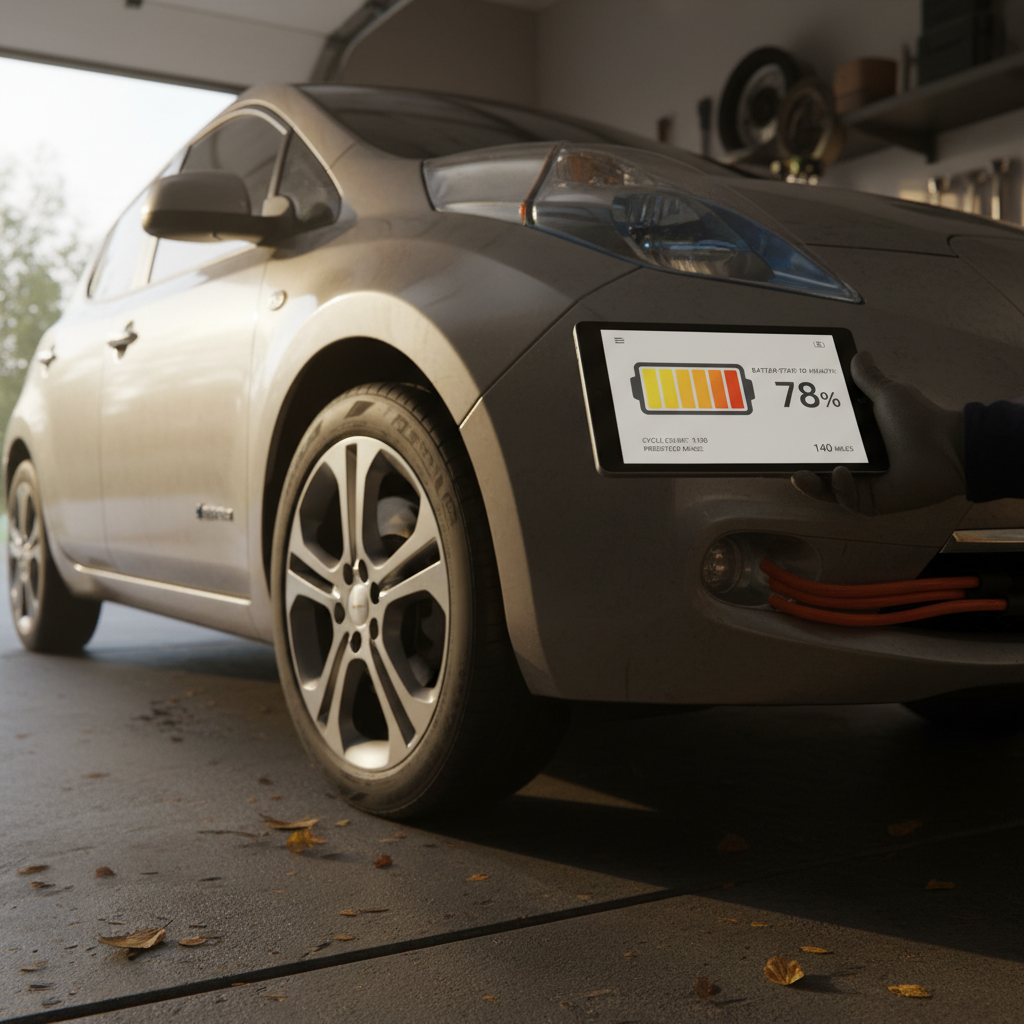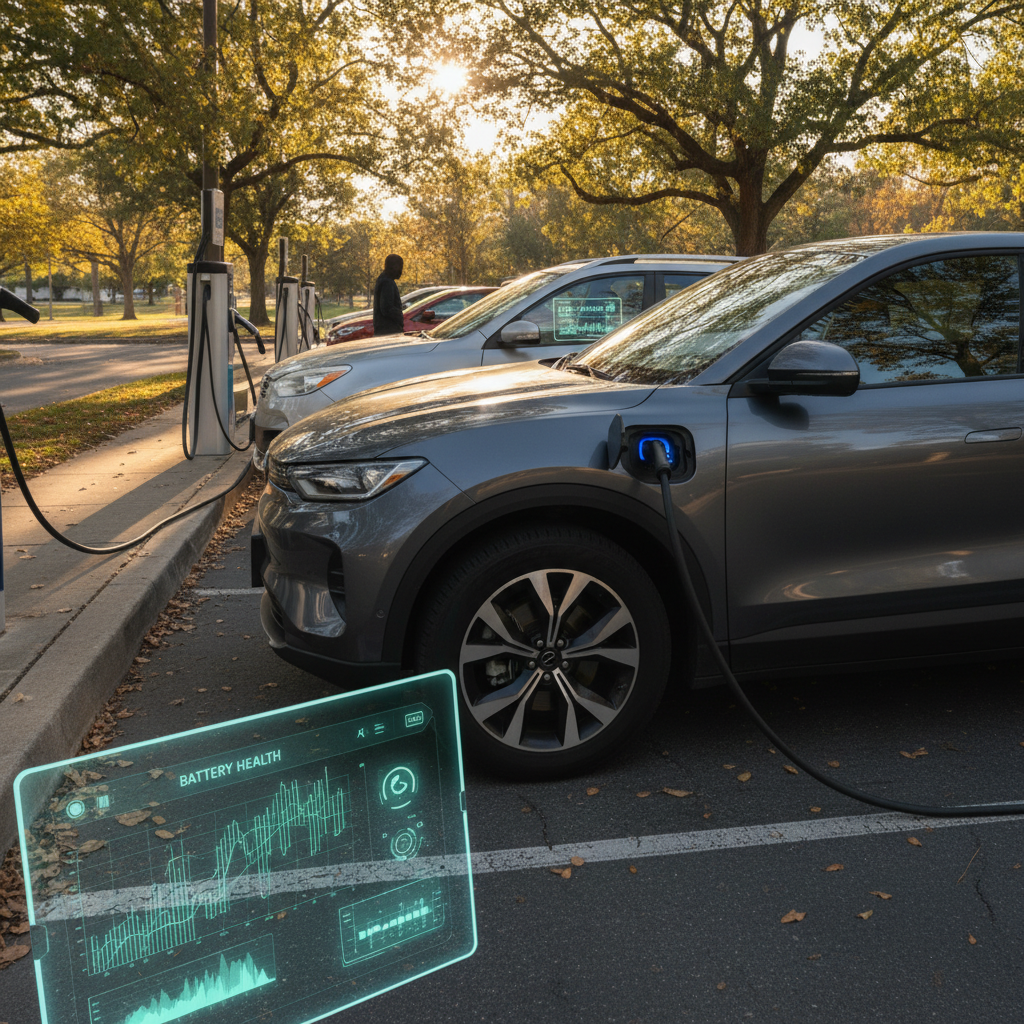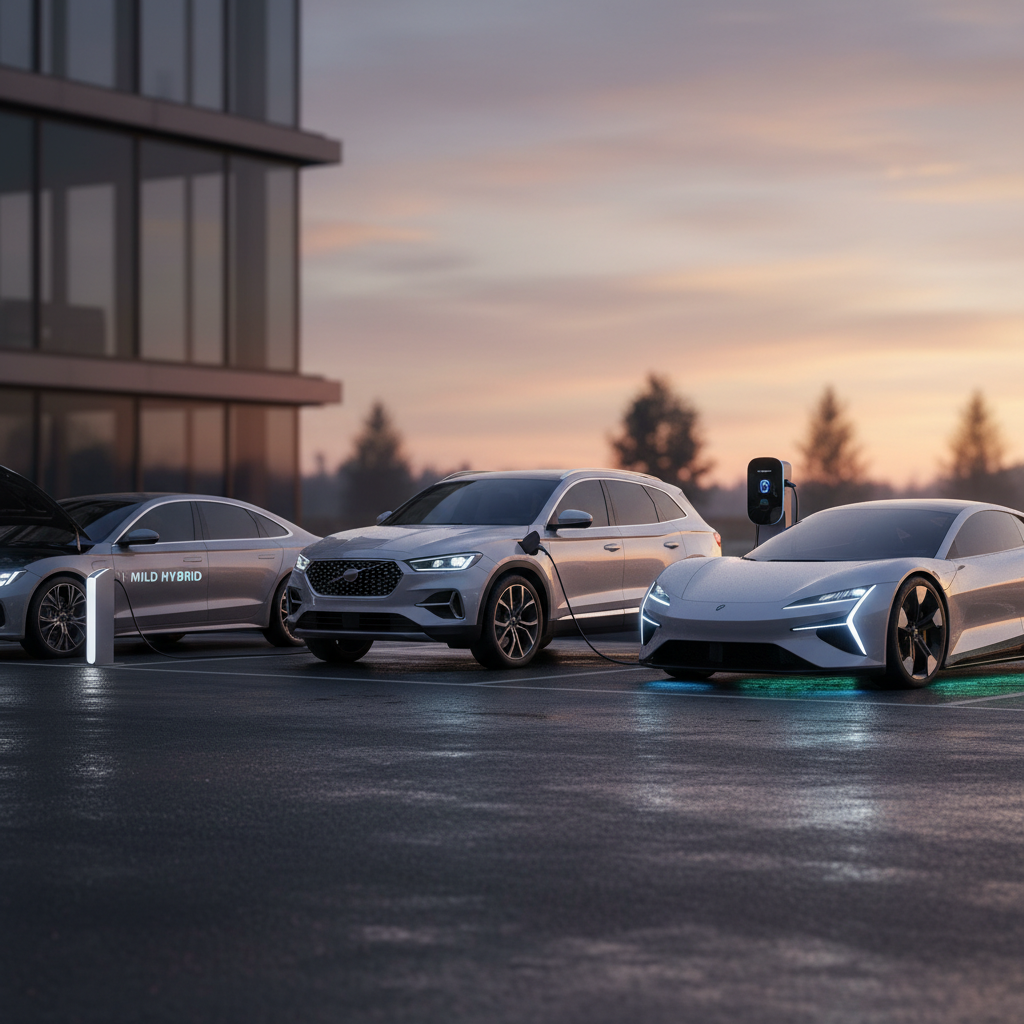If you’re shopping for the best used vehicles under $20,000 in 2025, you’ve probably noticed two things: prices are higher than they were a few years ago, and the good vehicles don’t sit on the lot very long. The upside is that $20k can still buy you a safe, efficient car, SUV, truck, or even an electric vehicle, if you know where the value really is and how to evaluate it.
About this guide

Why $20,000 Is a Tricky Price Point in 2025
The under-$20k used market in 2025 at a glance
Why does this matter? It means that in 2025, $20,000 doesn’t buy you a nearly new mainstream vehicle the way it did in 2019. Instead, you’re typically looking at:
- Compact cars and sedans that are 2–5 years old.
- Crossovers and SUVs that are 4–8 years old.
- Trucks that may be older still, especially full‑size models.
- Earlier‑generation EVs and plug‑in hybrids with shorter range, but attractive pricing.
Prepare for higher mileage
How to Shop Smart on a $20k Budget
Four keys to getting real value under $20k
Before we talk specific models, focus on your strategy.
Prioritize reliability
Demand safety tech
Know the total cost
If EV, vet the battery
If you’re buying from a traditional dealer, expect add‑ons and fees; if you’re shopping online, pay attention to delivery costs and return policies. With Recharged, for example, every used EV includes a Recharged Score Report that summarizes battery health, fair‑market pricing, and potential ownership costs, use that same mindset even if you’re shopping gas or hybrid elsewhere.
Set your real‑world budget
Best Used Cars Under $20,000
Compact and midsize cars remain the best value in the sub‑$20k world. They’re less trendy than crossovers, but they’re easier to park, cheaper to insure, and generally sip fuel. Here are standouts frequently available around $20,000 in late 2025, assuming average mileage and clean histories:
Top used cars around $20,000 (2025 market)
Representative model years and typical strengths. Always confirm pricing in your local market.
| Model | Typical years near $20k | Why it’s a smart buy |
|---|---|---|
| Honda Civic | 2020–2023 | Excellent reliability, good fuel economy, surprisingly upscale interior and strong resale value. |
| Toyota Corolla / Corolla Hybrid | 2020–2023 | Rock‑solid dependability, standard safety tech; Hybrid trims add outstanding MPG without EV complexity. |
| Honda Accord | 2018–2020 | Roomy, comfortable midsize with strong safety scores and available hybrid; great family sedan value. |
| Toyota Camry / Camry Hybrid | 2018–2021 | Durable, quiet, and efficient; Hybrid models can deliver exceptional MPG on highway‑heavy commutes. |
| Hyundai Elantra | 2021–2023 | Value‑packed compact with a long warranty and plenty of tech; often priced a bit below comparable Japanese rivals. |
| Mazda3 | 2019–2021 | Fun‑to‑drive compact with an upscale cabin, good choice if you enjoy driving but still want efficiency. |
These models regularly show up near the $20k mark with reasonable mileage and strong reputations.
When a sedan beats an SUV
Best Used SUVs Under $20,000
Used SUVs under $20,000 require more careful shopping. Demand for crossovers surged over the last decade, and that kept used prices high. You may need to look at slightly older model years or accept higher mileage, but there are still excellent options for families and outdoor‑oriented drivers.
Great used SUVs to target near $20k
Balancing practicality, efficiency, and reliability.
Toyota RAV4 & RAV4 Hybrid
Subaru Outback
Honda CR‑V
If you need three rows on a budget, you’ll likely be shopping older model years such as a 2017–2019 Mazda CX‑9, Toyota Highlander, or Honda Pilot. Pay extra attention to service history on these heavier, family‑hauling vehicles, as brakes, suspensions, and tires see more wear over time.
Watch out for cheap luxury SUVs
Best Used Trucks Under $20,000
Used trucks have seen some of the steepest price increases in the market, but $20,000 can still buy you a capable workhorse if you’re willing to shop older model years or accept higher mileage. Focus first on frame condition (especially rust), drivetrain health, and any signs of hard use like heavy towing.
- Toyota Tacoma (2012–2015): A go‑to midsize pickup with a reputation for durability and strong resale value. Expect simple interiors but excellent long‑term reliability.
- Ford F‑150 (2011–2014): America’s best‑selling full‑size truck. A well‑maintained example can tow, haul, and commute comfortably; just avoid heavily modified or abused work trucks.
- Chevrolet Silverado 1500 / GMC Sierra 1500 (2012–2015): Proven V8 drivetrains and comfortable cabins; great value if you verify maintenance and avoid severe rust.
- Ram 1500 (2013–2016): Known for ride comfort and available HEMI power. Prioritize trucks with documented service and clean underbodies.
Rust and accident damage are deal‑breakers
Best Used Hybrids & EVs Under $20,000
If you’re willing to embrace electrification, $20,000 opens the door to some compelling used hybrids and electric vehicles. You trade some age or range for very low running costs, and in the case of EVs, a much quieter drive. The key is to focus on models with solid records and, ideally, remaining battery warranty coverage.
Standout used hybrids and EVs near $20k
Models that frequently appear around $20,000 and offer strong value for commuters and families.
| Model | Type | Why it works at $20k |
|---|---|---|
| Toyota Prius / Prius Prime (2017–2019) | Hybrid / Plug‑in hybrid | Legendary reliability, outstanding fuel economy, and hatchback practicality. Prime plug‑in models add short all‑electric commuting capability. |
| Honda Insight (2019–2022) | Hybrid | Civic‑like driving experience with excellent MPG and Honda reliability. Great if you want efficiency without Prius styling. |
| Toyota RAV4 Hybrid (2016–2018) | Hybrid SUV | Family‑friendly crossover with much better fuel economy than gas‑only rivals, ideal for road‑trip and suburban duty. |
| Chevrolet Volt (2016–2019) | Plug‑in hybrid | Gas backup for long trips and 30–50 miles of electric range for daily errands. A great gateway into electrification. |
| Chevrolet Bolt EV / EUV (2022–2023, earlier with recall addressed) | Battery EV | All‑electric hatchback with usable range and brisk performance. Many earlier cars received new battery packs under recall, effectively resetting battery life. |
| Nissan Leaf (2018–2020, 40 kWh) | Battery EV | Affordable way into EV ownership; best for shorter commutes due to modest highway range, but very low operating costs. |
EV pricing continues to soften, bringing more battery‑powered options into reach for budget shoppers.
Battery warranty basics
EV vs. Gas at $20k: Which Makes More Sense?
When a used EV or hybrid shines
- Short daily commute: If you drive 30–60 miles a day, a Bolt EV, Leaf, or plug‑in hybrid could cover most of your driving on electricity.
- High fuel prices in your area: The higher gas climbs, the faster an efficient EV or hybrid pays for itself.
- Access to home charging: A simple Level 2 charger in your garage or driveway dramatically increases the convenience of EV ownership.
- Stop‑and‑go traffic: Hybrids and EVs excel in city driving where traditional engines waste fuel at idle.
When a gas vehicle is still the better call
- Frequent long‑distance trips: If you regularly drive 300+ mile stretches and can’t plan charging stops, a gas or hybrid crossover may fit better.
- No home charging: Relying entirely on public charging can be inconvenient unless your local network is excellent.
- Heavy towing or hauling: For serious work or large trailers, a full‑size gas truck is still the straightforward answer on a $20k budget.
- Limited EV inventory locally: In some regions, selection of used EVs is still catching up, limiting your choices.
Leaning toward an EV?
Financing, Trade-Ins & Stretching Your Budget
How you structure the deal can matter just as much as the sticker price. A smart financing or trade‑in strategy can widen your options dramatically without blowing up your monthly payment.
Ways to make $20k go further
Tactics that savvy buyers use all the time.
Leverage your trade‑in
Shop the loan, not just the car
Consider total ownership cost
Digital buying can save time (and sometimes money)
Checklist: What to Inspect Before You Buy
Critical checks for any used vehicle under $20k
1. Run a full history report
Pull a vehicle‑history report to screen for accidents, flood damage, odometer rollbacks, or branded titles. Several minor fender‑benders may be acceptable; major structural damage is not.
2. Have a trusted mechanic inspect it
A pre‑purchase inspection is cheap insurance. Ask the technician to check for fluid leaks, worn brakes, suspension issues, frame damage, and, on trucks, rust on the frame and bed supports.
3. For EVs, get battery health data
On a used EV, ask for documented battery diagnostics or use a service that can scan the pack. Recharged’s <strong>Score Report</strong> is an example: it quantifies battery health and projected range, which are crucial for long‑term ownership.
4. Test all safety and tech features
Confirm that adaptive cruise, lane‑keeping assist, parking sensors, infotainment, and driver‑assistance systems work as intended. Repairs on these systems can be costly.
5. Drive it the way you’ll actually use it
If you do a lot of highway commuting, include a highway segment. If you live in hilly terrain, find some grades. You’re listening for abnormal noises and evaluating comfort, visibility, and power.
6. Confirm tires and brakes have life left
Four new tires and a brake job can easily run $1,000+ on larger vehicles. Factor this into your offer or ask the seller to address it before delivery.
FAQ: Best Used Vehicles Under $20,000
Frequently Asked Questions
Bottom Line: Finding the Best Used Vehicle Under $20,000
A $20,000 budget in 2025 doesn’t mean settling for a tired, bare‑bones car. It does mean you have to be deliberate. Compact and midsize cars offer the most value, older crossovers can be smart buys with the right history, and careful shoppers can even land a used hybrid or EV that dramatically lowers running costs. The key is to focus on reliability, safety, and total cost of ownership, not just the badge on the grille.
Take your time, cast a wide net, and don’t skip the fundamentals: history reports, inspections, and a test drive that mirrors your real‑world use. If you’re leaning toward electric, consider using a platform like Recharged that pairs used EVs with transparent battery‑health diagnostics, expert guidance, and flexible options like financing, trade‑ins, and nationwide delivery. That way, your next used vehicle under $20,000 will feel less like a compromise and more like a smart, future‑proof choice.



